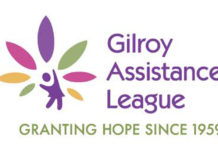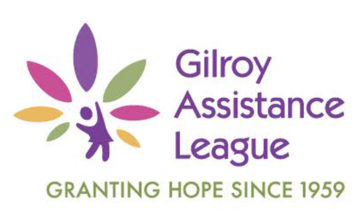City Council puts finishing touches on plan; vote expected at
Dec. 20 meeting
Gilroy – City Council has closed another loophole in the Hecker Pass Specific Plan in order to protect farmland from housing development, one of their finishing touches to a document that will shape the future of Gilroy’s scenic gateway.
In the last month, councilmen have put a magnifying glass to the Hecker plan, a task that has involved making sure detailed land-use tables jibe with more than 100 pages of text.
Their first order of business during a three-hour study session Monday night involved deleting a clause that would have allowed estate homes and bed and breakfasts to creep onto 64 acres of land set aside for agriculture.
An extensive land-use table made no mention of housing development within the Hecker Pass Agricultural (HPA) area, but a textual reference in the document that escaped notice for nearly a month would have allowed 6,000-square-foot housing lots to “be transferred” to the area.
In addition to deleting that clause, city councilmen continued line-item deletions on a list of uses allowed within agri-commercial and agri-tourist areas.
Their changes included prohibiting feed stores and amusement parks in agri-commercial areas, made up mainly of the Goldsmith property on the south side of Route 152. Councilmen decided to restrict bed and breakfasts and small delicatessens to the agri-tourist area, roughly eight acres bordering Gilroy public golf course on both sides of Route 152.
Council members have spent a month purging aspects of the Hecker plan they see as a threat to their vision of the area as large swaths of open space and farmland, with residential areas set back from the road.
Many of the plan’s details have drawn councilmen into lengthy and nuanced debate. Others, like a proposal Monday night to allow mobile and pre-made homes in residential areas, drew immediate and resounding “no’s.”
“We always talk about affordable housing,” Councilman Craig Gartman argued. “That makes it affordable to the people who would buy them.”
Councilmen disagreed, however, voting six to one to retain the ban on mobile homes.
“If you have a vision for that area, you don’t want to put in an additional subvision that’s not going to fly,” Councilman Charles Morales said.
At the same time, councilmen agreed the plan must include language to guarantee mixed housing within the areas set aside for residential use. A housing formula based on density, approved by councilmen earlier in the month, will allow 506 total homes among the three residential areas, with the bulk of those south of Route 152.
“I would like to see those three [residential] clusters have a balance of the types of units and lot sizes we’re talking about, instead of being segregated,” Mayor Al Pinheiro said.
After a month of intense review, City Administrator Jay Baksa’s request for any lingering concerns created a window for councilmen to engage in some good-natured ribbing of Gartman, whose laundry list of detailed questions inspired hours of discussion.
For City Planner Melissa Durkin, the extra hours will pay off.
“This is a major policy document and it needed a lot of scrutiny,” she said. “Any time you have a document of this importance and size, it’s always a collaborative effort. There’s no question that, having gone through the Planning Commission and City Council, it’s a better document.”
City staff will spend the next two weeks updating the Hecker plan to reflect the council’s changes. In addition, city attorney Linda Callon will work out contractual agreements with landowners to preserve farmland and open space in perpetuity, and discuss adjustments to the agri-tourism area to include barns and a retail space owned by Jim Hoey.
City Council hopes to vote on the Hecker Pass Specific Plan at the Dec. 20 meeting.














